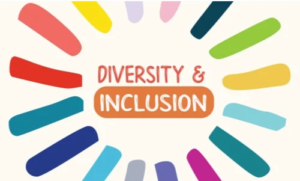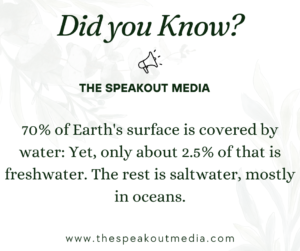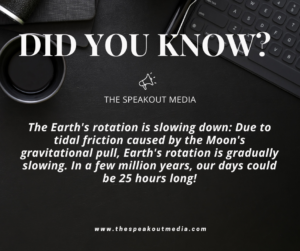
Protection of rights in democracy refers to the safeguarding of fundamental human rights and freedoms that are enshrined in constitutions, laws, and international treaties. These rights are essential for ensuring the dignity, autonomy, and well-being of individuals within society. Here’s how the protection of rights operates within a democratic framework:

- Legal Framework: Democracies establish a legal framework that guarantees the protection of fundamental rights and freedoms, such as freedom of speech, assembly, religion, and the press, as well as rights to equality, privacy, due process, and access to justice. Constitutions, laws, and international human rights instruments serve as the basis for protecting these rights and ensuring their enforcement.
- Equality and Non-Discrimination: Democracies uphold principles of equality and non-discrimination, ensuring that all individuals are treated with dignity and respect regardless of their race, ethnicity, gender, religion, sexual orientation, disability, or other characteristics. Laws and policies are enacted to combat discrimination and promote equal opportunities for all members of society.
- Rule of Law: The rule of law is essential for protecting rights in democracy. It ensures that laws are applied consistently and fairly, that government actions are subject to legal review, and that individuals have access to legal remedies and recourse when their rights are violated. Independent judiciaries play a crucial role in interpreting and enforcing the law, safeguarding the rights of individuals against government abuse or overreach.
- Checks and Balances: Democratic systems often incorporate checks and balances to prevent the concentration of power and protect rights. Separation of powers among branches of government—executive, legislative, and judicial—helps to ensure accountability and prevent abuses of authority. Independent institutions, such as human rights commissions or ombudsman offices, provide additional oversight and protection of rights.
- Civil Liberties and Freedoms: Democracies prioritize the protection of civil liberties and freedoms, including freedom of speech, assembly, religion, and the press. These freedoms allow individuals to express their opinions, associate with others, practice their faith, and engage in political activities without fear of persecution or repression. Governments are tasked with upholding and defending these liberties, even when faced with challenges or controversies.
- Democratic Participation: Protection of rights in democracy extends to ensuring that all citizens have the opportunity to participate fully in the democratic process. This includes the right to vote and stand for election, access to information, and the freedom to engage in political discourse and activism. Protecting these rights ensures that government is accountable to the people and reflects their interests and preferences.
In summary, protection of rights is a cornerstone of democracy, ensuring that individuals have the freedom to live their lives according to their own beliefs and values, participate in society, and hold government accountable. It is a fundamental aspect of democratic governance that upholds human dignity, equality, and justice for all members of society.






